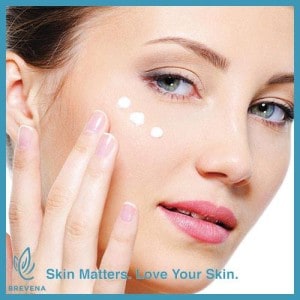There are an immense amount of “facts” on the internet about skincare. If you read around enough, you are sure to find some conflicting opinions about what is right and wrong when it comes to taking proper care of your skin. A necessary topic in the skin world to know your “dos” and “don’ts” about is moisture. How much does your skin need? Is it really necessary to moisturize? Doesn’t oily skin already have enough moisture? Today, we are here to set the record straight. Below are the 5 Most Important Moisturizer Myths you’ve most likely heard before.
1. If you have oily skin, you don’t need to moisturize.
Oil does not equal moisture. In fact, not moisturizing can cause your skin to create excess sebum to make up for the lack of moisture it’s receiving. Hydration is key, regardless of dry, oily, or combination skin.
2. Moisturizers with SPF are good enough.
By now you know that, if you aren’t applying SPF daily, you should be. Whether or not it is in your moisturizer, you should be wearing at least an SPF 30 which protects against both UVA and UVB rays.
3. A cooling or tingling sensation means the product is working.
Who made this gem up?! A key point to note is that a tingling sensation usually means that your skin is responding to irritation, often resulting in inflammation. In fact, products that do this can negatively affect your skin by damaging its healing process and assisting in the growth of bacteria, leading to breakouts. So remember, even if you don’t see irritation, that doesn’t mean it isn’t happening!
4. Drinking more water will help moisturize dry skin.
Drink as much water as you’d like, as it will improve skin quality, but your skin will not remain hydrated without a strong outer barrier. Sun damage, irritants in products, alcohol, drying cleansers and smoking all break down this outer barrier creating a rough and uneven texture. A strong moisturizer acts as a shield against these skin assailants.
5. After a certain amount of time, your products will stop working on your skin.
Getting on a diet consisting of healthy foods is good for your body. Continuing to eat healthy foods will still be good for your body far into the future. To the same effect, using a good moisturizer oftentimes shows dramatic benefits immediately and will continue to benefit your skin. As with any new product, the initial improvement is going show a more significant change than the minor improvements down the road.
What skin myths have you fallen prey to? Anything we missed that you hear all the time? Let us know in the comments!




